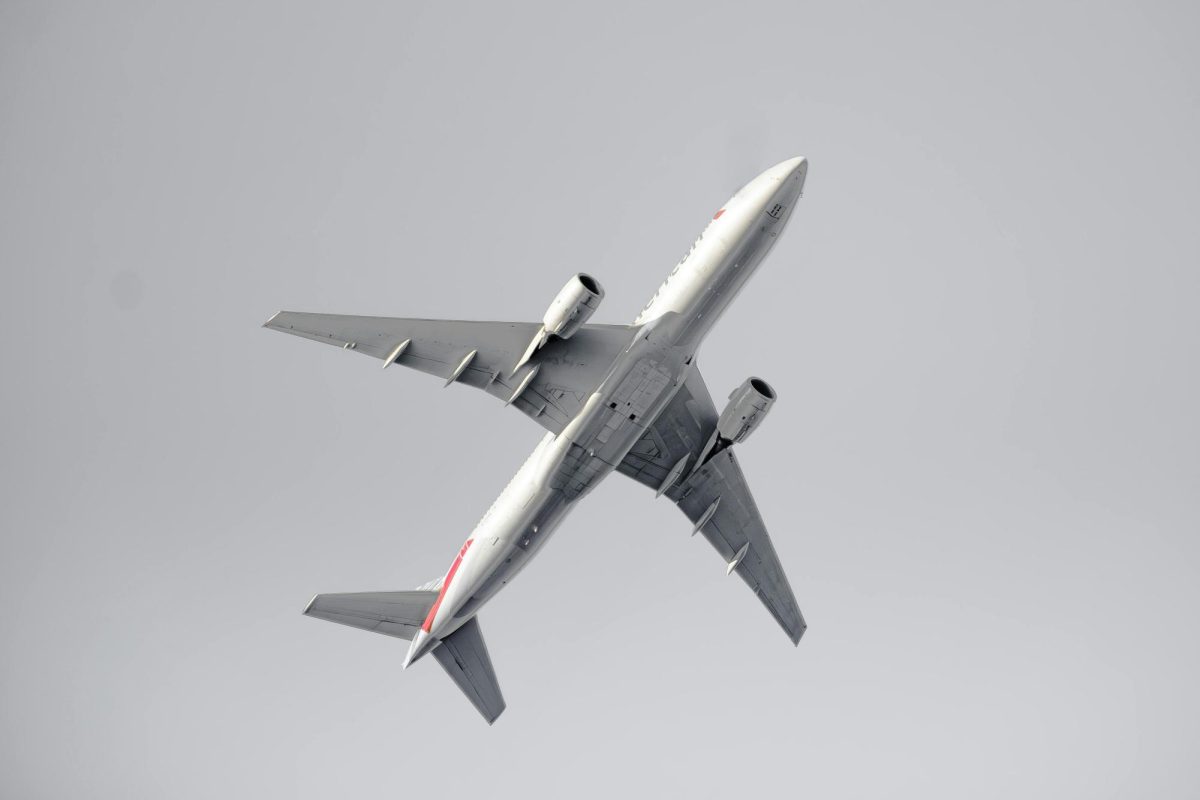After reaching a possible labor agreement, approximately 33,000 Boeing Co. employees in the Seattle area left their posts and went on strike at midnight on Sept. 12 under the International Association of Machinists and Aerospace Workers. Employees at Boeing said that the strike was inevitably going to happen after so many years of mistreatment and underappreciation.
President of IAM districts 751 and W24, Jon Holden, urged the union to vote in favor of the contract and said in a statement that accepting the deal would be better as striking might not guarantee achievement.
However, the vote was nearly unanimous, with 94.6% of workers rejecting the offer and 96% willing to strike. In an interview with CNN, Boeing employee Jim Bloomer said that he and his fellow employees deserved more than what Boeing had offered.
“If Boeing touts that we’re the best in the industry, they need to treat us like the best in the industry,” he said.
The employees realized a mismatch between how much value they add to Boeing and the amount at which Boeing values them. The union’s districts 751 in Washington and W24 in Portland, Oregon had been working with Boeing to form an agreeable contract since Aug. 12.
The unions had an upper hand in negotiations given Boeing’s declining financial position. The negotiating committee remained headstrong in its demands for increased wages, benefits and work-life balance. The proposed labor contract was viewed by leaders at Boeing and IAM as a step forward.
Just days before the strikes, Boeing’s Chief Operations Officer Stephanie Pope said in a statement that the benefits under the tentative agreement would help employees take care of themselves and their families.
The strike is yet another blow to the plane manufacturer’s cash flows as they are now forced to halt production of their 737 model. With the company heading on a downhill slope, Boeing has indicated that they are willing to continue negotiating with the IAM.
“We remain committed to resetting our relationship with our employees and the union and we are ready to get back to the table to reach a new agreement,” according to Boeing’s statement.
Boeing now faces major sacrifices as it tries to negotiate a deal that satisfies employees as they demand even higher benefits including a 40% increase in their wages.
Boeing’s newly appointed CEO has taken on the role during a challenging period for the company. Recent losses from Boeing’s defense subsidiaries, two fatal plane crashes in 2018 and 2019 and a recent mid-flight blowout of a door plug in January means that Boeing’s higher-ups are expected to take steps to preserve what little reputation and cash flow they have left.








